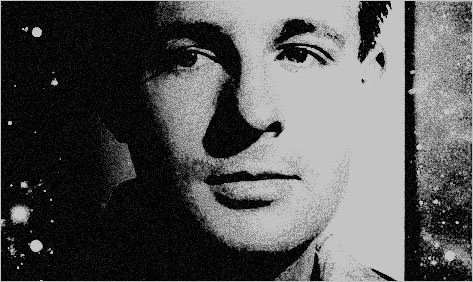Inspiration for Writers from Ray Bradbury

I borrowed a book from the library once, written by Ray Bradbury, called "Zen in the Art of Writing". It was so packed with great writing advice I could barely believe it. Writers often wonder about inspiration - and how to get good ideas for stories. And often, when writers start out, they wonder what kind of writer they're going to be - and what kind of stories they will write, and in which genre. Mr. Bradbury had some advice on both of these issues. In the pages of this book, he explained what helped him. He said he wrote at least a thousand words every day of his life since he was twelve. Great. We like to hear that all the best writers have this simple habit ingrained. He'd been reading a lot of science fiction since he was a kid he said and naturally thought he was destined to be an SF writer. Trouble was, in his early twenties, he wasn't having much success with his SF stories. Editors complained that his work was derivative and not very ori...